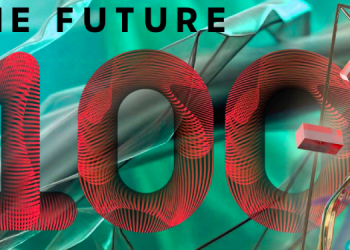Consumer needs are shifting sands and evolving faster than ever. Brands are constantly trying to understand what their customers want and trying to mend the disconnect that might be there between companies and their customers. The last two years have been a learning, from all aspects. Brands learnt how to navigate through a pandemic and create an experience which was different from the pre-pandemic world. Health and safety became a priority and everything else took a backseat.
In 2023, consumers are going to put their needs first but at the same time, want to make a more significant impact on the world. Their values will impact their buying behaviour, even though price and product value will have a role to play. A foundation of trust will play a crucial role, because trust becomes extremely important in these uncertain times. That means customers will be increasingly looking at brands to do the right thing and build great experiences based on trust.
When building trust as an organisation, customers are more likely to engage with companies that actively demonstrate good values and prioritise their needs and rights. Also, a greater inclination towards superior ingredients for manufacturing products, will lead to an increased value of trust from customers, especially if they are looking to switch from one brand to the other.
Consumers will align their purchasing decisions with their social and ethical values. They will prefer businesses with the right environmental and social credentials. The buying trends will be increasingly driven by consumers’ consciousness, primarily around ecological impact and community welfare. Consumers are urgently seeking brand relationships that are built on human connection. Digital transformation needs to be driven not only by consumer behaviour, but this new appetite for a human-centred experience.
Challenges and Opportunities for F&B
Healthy and quality food has become the need of the hour and this is both a challenge and an opportunity. Brands have reshaped their business models to make sure they address the needs of consumers and deliver it with utmost sincerity. Consumers’ increasing awareness has led to an overall change in the F&B and FMCG industry. Manufacturers and retailers are both extremely mindful of what is the need of the consumer.
But with global recession at the doorstep, and the cost of living increasing, the FMCG and F&B industry might be subjected to major changes and challenges in 2023. Pandemic has pushed the digital maturity of consumers by several years into the future. Today, customers are more likely to engage with brands in a multi-channel way instead of a simple retail interaction. Therefore businesses need to develop a more customer-centric marketing approach, which will deliver more personalised, consistent and rich experiences through both digital and traditional channels.
Over the last decade, we have seen the desire for more ethical and sustainable products and environmentally conscious practices have been on the rise highlighting the need for sustainability even more. There could also be a rise in increasing demand for conscious indulgence which means there will be a demand for more conscious and affordable products that offer moments of indulgence and a genuine experience.
The fast-changing dynamics in the industry and shifting consumer preferences show that to maintain a healthy growth in the industry, companies need to gather information and collect actionable insights. This is key to not wasting their time and money and providing unique experiences for their customers.
(The author is CEO & Co-founder, iD Fresh)

















